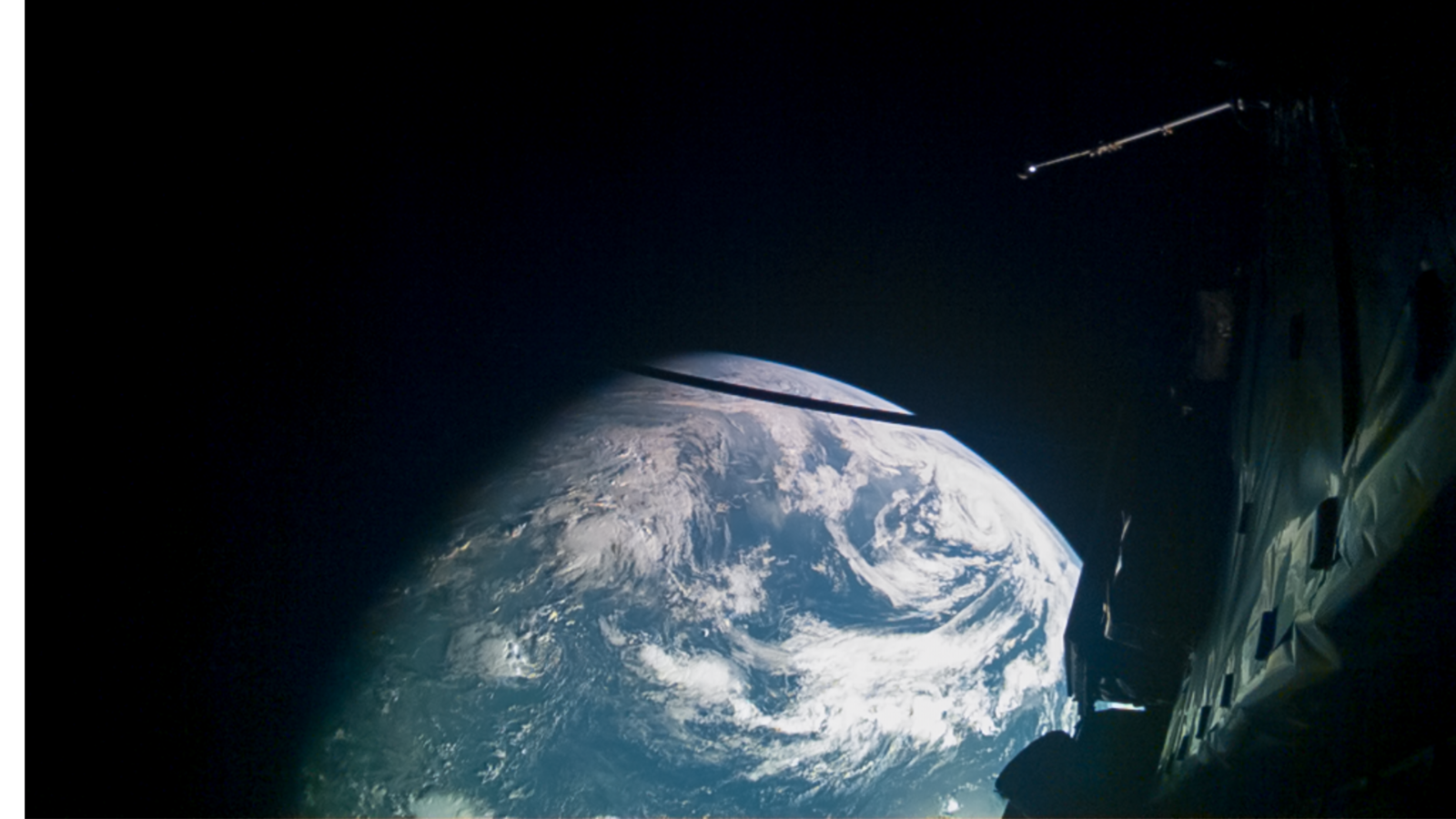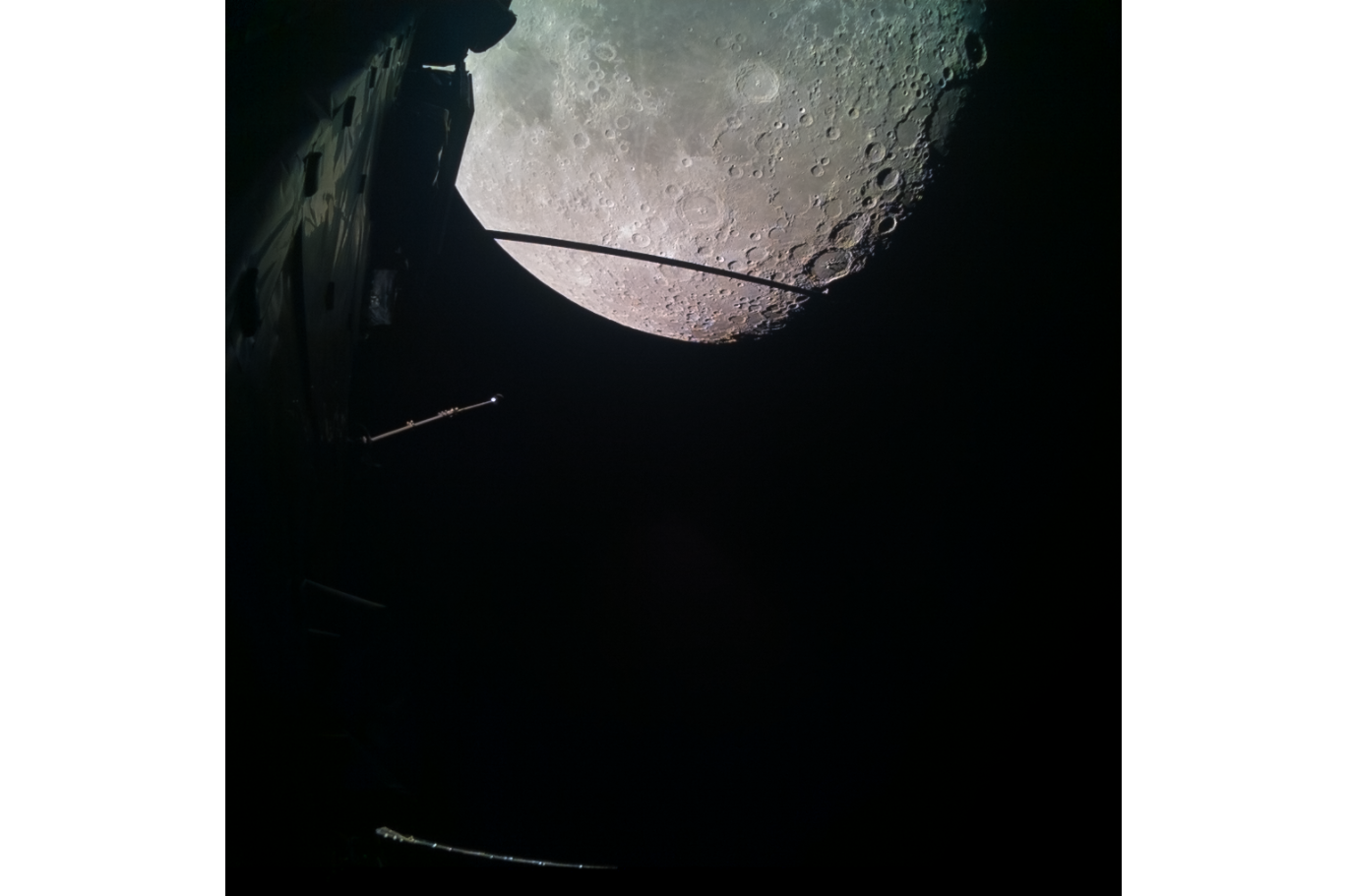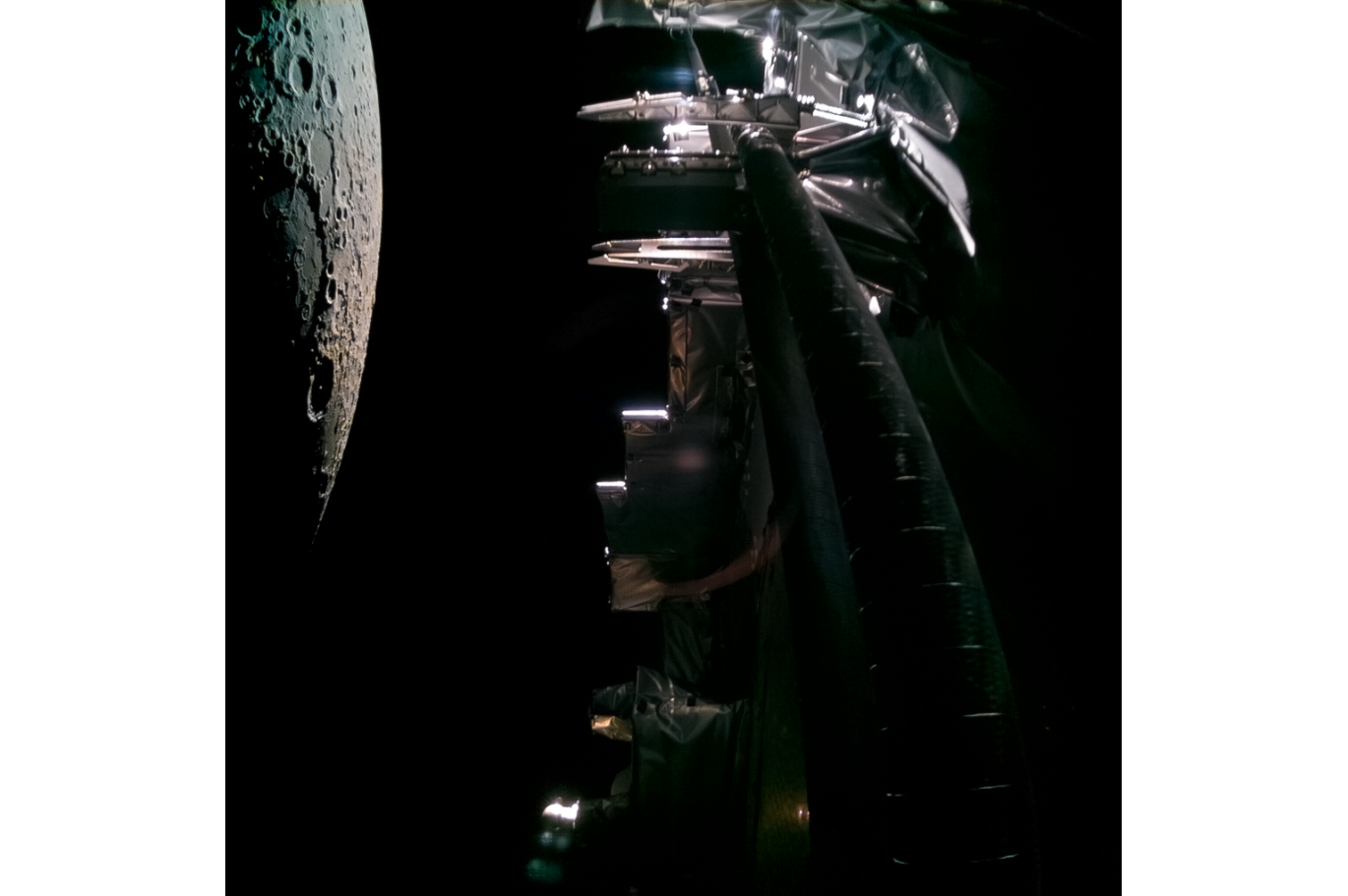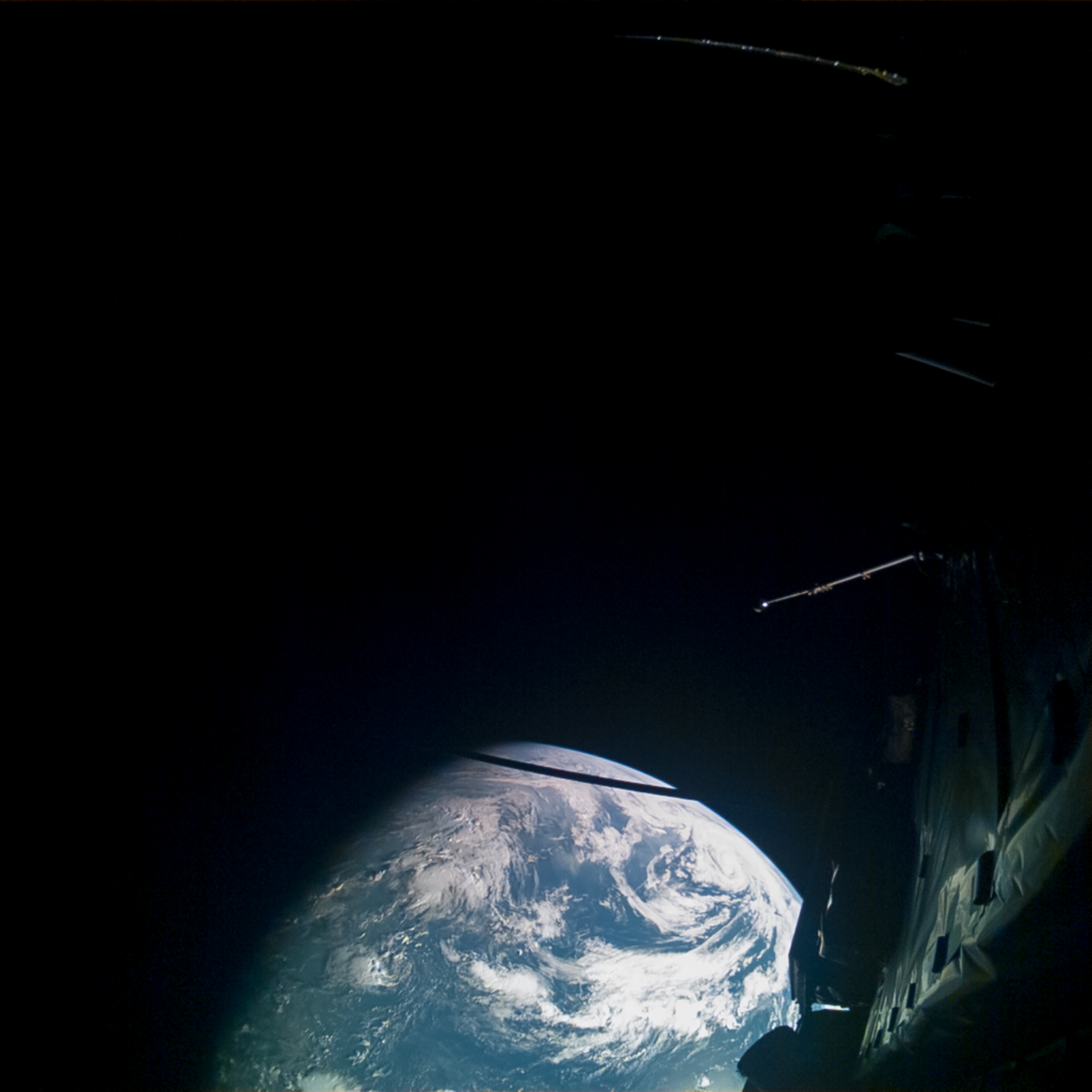
The European Space Agency's JUICE spacecraft — which stands for Jupiter Icy Moons Explorer — has completed a historic, first-of-its-kind flyby of Earth and the moon.
The craft, which launched on April 14, 2023, is now heading toward a flyby of Venus, the second planet from the sun, which will ping it back to Earth for more gravity assists in 2026 and 2029. After those flybys, JUICE will be on to Jupiter and its moons, set to reach its ultimate target in July 2031.
"The gravity assist flyby was flawless; everything went without a hitch, and we were thrilled to see Juice coming back so close to Earth," JUICE Spacecraft Operations Manager Ignacio Tanco said in a statement.
JUICE reached our moon for its lunar flyby at 6:15 pm EDT (2115 UTC) on Monday (Aug. 19); this rendezvous directed the ESA spacecraft toward Earth. It reached our planet just over 24 hours later, at 6:56 pm EDT (2156 UTC) on Tuesday (Aug. 20). Planetary and lunar flybys are key for JUICE's journey to Jupiter because the gravitational tides of these objects can help slingshot the spacecraft toward its final destination, allowing for trajectory changes with minimal fuel usage.
At its closest approach to Earth, JUICE hovered about 4,250 miles (6,840 kilometers) above Southeast Asia and the Pacific Ocean. The spacecraft also took the opportunity to capture images of our home planet with its onboard cameras, just as it had imaged the moon the day before.
Related: Telescopes capture Jupiter-bound JUICE probe during historic Earth-moon flyby (photos)

Both flybys, in particular, aimed to reduce JUICE's speed. The moon flyby slowed the spacecraft by around 2,000 miles per hour (3,219 kilometers per hour), and the following Earth flyby slowed it by around 10,700 mph (17,220 kph). They also indeed put JUICE on its new trajectory toward Venus by deflecting the spacecraft's path by 100 degrees relative to its incoming trajectory.
The risky flyby required ultra-precise, real-time navigation to pull off, but it overall saved around 150 kilograms (331 pounds) of fuel. This actually ensured JUICE will have enough fuel to get closer to the Jovian moon of Ganymede than was initially planned.
The build-up to this risky maneuver began last month, when ESA operators started giving JUICE slight nudges to put it on the right path to reach the moon and Earth. They then tracked the spacecraft's progress between Aug. 17 and Aug. 22. "Thanks to very precise navigation by ESA's Flight Dynamics team, we managed to use only a tiny fraction of the propellant reserved for this flyby," Tanco explained. "This will add to the margins we keep for a rainy day or to extend the science mission once we get to Jupiter."

While the primary aim of the JUICE's moon-Earth flyby was to redirect the spacecraft, it also allowed its operators at the ESA to perform some preliminary checks of the science instruments the spacecraft is carrying.
JUICE's full suite of 10 instruments was available to use for the lunar approach, while eight were online as the ESA craft passed Earth. The ESA has said that it expects to release science data collected during these flybys in the near future. This will include more high-resolution images from JUICE's JANUS camera.

"The timing and location of this double flyby allow us to thoroughly study the behavior of JUICE's instruments," explained Claire Vallat, the spacecraft's operations scientist. "It happens early enough in JUICE's journey that we can use the data to prepare the instruments for arrival at Jupiter.
"And given how well we know the physical properties of Earth, the moon, and the surrounding space environment, it's also the ideal location to understand how the instruments respond to a real target."







